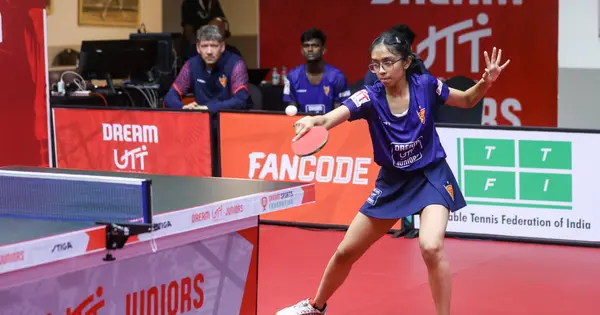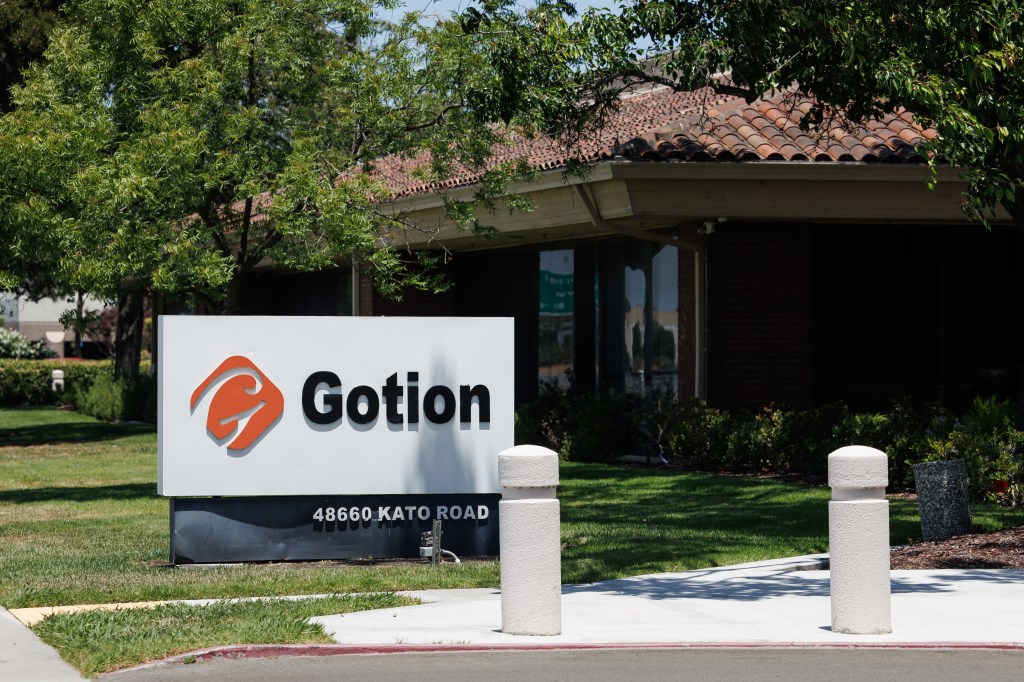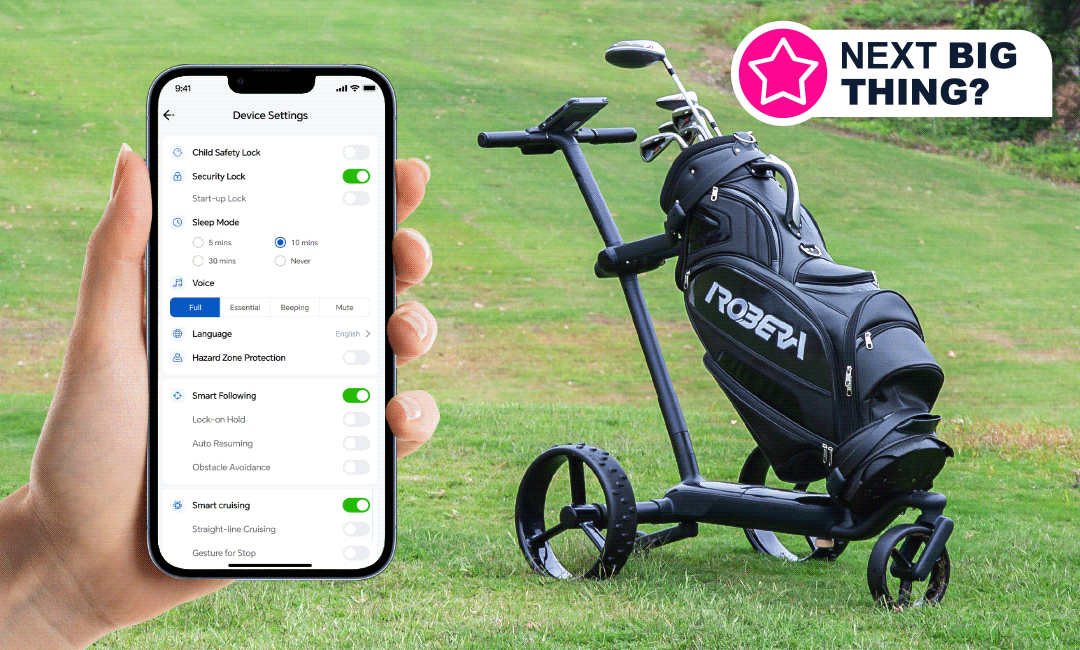Fred Smith, FedEx founder who revolutionized the package delivery business, dies at 80
MEMPHIS, Tenn. (AP) — Fred Smith, the FedEx Corp. founder who revolutionized the express delivery industry, has died, the company said. He was 80. FedEx started operating in 1973, delivering small parcels and documents more quickly than the post office could. Over the next half-century, Smith, a Marine Corp. veteran, oversaw the growth of a company that combined air and ground service and became something of an economic bellwether because so many other companies rely on it. It’s now a global transportation and logistics company that averages 17 million shipments per business day.
Iran’s internet blackout leaves public in dark and creates an uneven picture of the war with Israel
DUBAI, United Arab Emirates (AP) — As the war between Israel and Iran hits the one-week mark, Iranians have spent nearly half of the conflict in a near-communication blackout, unable to connect not only with the outside world but also with their neighbors and loved ones across the country. Civilians are left unaware of when and where Israel will strike next, despite Israeli forces issuing warnings through their Persian-language online channels. When the missiles land, disconnected phone and web services mean not knowing for hours or days if their family or friends are among the victims. That’s left many scrambling on various social media apps to see what’s happening — again, only a glimpse of life able to reach the internet in a country of over 80 million people.
Music streaming service Deezer adds AI song tags in fight against fraud
LONDON (AP) — Music streaming service Deezer said Friday that it will start flagging albums with AI-generated songs, part of its fight against streaming fraudsters. The Paris-based company is grappling with a surge in music on its platform created purely with generative artificial intelligence tools that it says are used to fraudulently earn royalties. The app will display an on-screen warning label about AI-generated content and notify listeners that some tracks on an album were created with AI. The company said AI-generated music is an industry wide issue.
Surging travel in Europe spikes concerns over tourism’s drawbacks
MADRID (AP) — Europe is often called the world’s museum, but the ever-increasing visitors it draws have made it ground zero for concerns about overtourism. The travel industry has gone from pandemic bust to record-setting surges in 2025. Last year, 747 million international travelers visited the continent, according to U.N. figures, with Southern and Western Europe taking in more than 70% of them. As the growing tide of humanity strains the region’s housing, water and its Instagrammable neighborhoods, protests against overtourism have proliferated.
Sunken Bayesian superyacht lifted from waters off Sicily as salvage operation completed
PORTICELLO, Italy (AP) — A British-flagged luxury superyacht that sank off Sicily last year, killing U.K. tech magnate Mike Lynch and six others, has been lifted out of the water as salvage recovery crews completed the operation to bring it ashore for further investigation. The white top and blue hull of the 56-meter Bayesian, covered with algae and mud, was visibly clear of the sea on Saturday in a holding area of a yellow floating crane barge. The Bayesian sank Aug. 19 during a violent storm as Lynch was treating friends to a cruise to celebrate his acquittal two months earlier in the U.S. on fraud charges.
ICE raids and their uncertainty scare off workers and baffle businesses
WASHINGTON (AP) — Farmers, cattle ranchers and hotel and restaurant managers breathed a sigh of relief last week when President Donald Trump ordered a pause to immigration raids that were disrupting those industries and scaring foreign-born workers off the job. But the respite didn’t last long. On Wednesday, Assistant Secretary of the Department of Homeland Security Tricia McLaughlin declared that worksite enforcement “remains a cornerstone of our efforts to safeguard public safety, national security and economic stability” and that there will be “no safe spaces for industries who harbor violent criminals” or undermine enforcement efforts. The flipflop has baffled businesses trying to figure out the government’s actual policy.
How billionaire Mark Walter, set to own the controlling stake in Lakers, made his fortune
The billionaire slated to takeover the controlling interest in the Los Angeles Lakers has built a career leading businesses investing in everything from sports franchises to artificial intelligence. Mark Walter is CEO of the global investment and advisory company Guggenheim Partners, which is estimated to have more than $325 billion in assets. He’s also co-founder and CEO of holding company TWG Global, which includes a portfolio of businesses spanning several sectors, including finance, technology, insurance, sports and entertainment. Forbes estimates Walter’s net worth is $6.1 billion. The publication ranked him at No. 216 on its Forbes 400 list last year.
You probably don’t need foods with added protein, nutritionists say
Everyone needs protein — it’s vital for the growth, repair and maintenance of your muscles, bones and skin. But how much you need depends on your age, weight and nutritional needs. Despite the increasing range of protein-enriched foods on the market, experts say if you’re getting enough to eat, you are probably getting enough protein. Protein can be found in a wide variety of foods, including meat, dairy and plant-based foods.
US stocks drift to a mixed finish as Wall Street closes another week of modest losses
NEW YORK (AP) — U.S. stocks drifted to a mixed finish in a quiet return to trading following the Juneteenth holiday. The S&P 500 fell 0.2% Friday to close a second straight week of modest losses. The Dow Jones Industrial Average added 0.1%, and the Nasdaq composite fell 0.5%. Kroger jumped following the grocer’s better-than-expected profit report, but Smith & Wesson fell after saying high interest rates and tariffs are pressuring its sales of firearms. Treasury yields held relatively steady after President Donald Trump said he will decide within two weeks whether the U.S. military will get directly involved in Israel’s fighting with Iran.
How Senate Republicans want to change the tax breaks in Trump’s big bill
WASHINGTON (AP) — House and Senate Republicans are taking different approaches when it comes to the tax cuts that lawmakers are looking to include in their massive tax bill. Republicans in the two chambers don’t agree on the size of a deduction for state and local taxes. They are also at odds on such things as allowing people to use their health savings accounts to help pay for their gym membership, or whether electric vehicle and hybrid owners should have to pay an annual fee. How they work out their differences in the coming weeks will help determine how successful they are at passing their marquee legislation.






























































